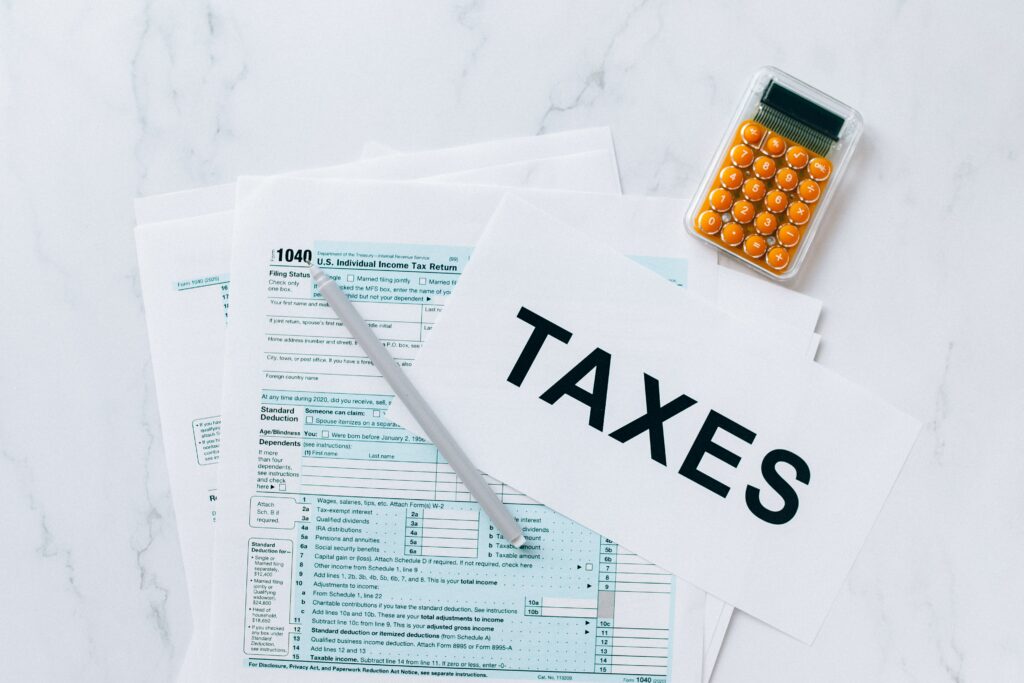If grandma did not finish up all of her duties as the executor of her husband’s estate before she passed away, it would be wise to speak with an experienced estate planning attorney.
An estate planning attorney can help with the issues with estate administration, says nj.com’s recent article entitled “My grandmother’s estate owes back taxes. What next?”
The fiduciary appointed to administer an estate—called an executor or personal representative—is responsible to make certain that all creditors are paid before making distribution of estate assets.
An executor of an estate is the person designated to administer the last will and testament of the decedent. His or her primary duty is to carry out the instructions to manage the affairs and wishes of the decedent.
An executor is appointed either by the testator of the will (the one who makes the will) or by a court, in situations where there is no will (also known as intestacy).
If there is a probate proceeding, the executor is required to officially notify creditors of it pursuant to the state probate statutes.
If there are not enough assets to pay all creditors, state statutes give a priority regarding how creditors are paid.
Funeral expenses and taxes are typically paid first.
Note that if the creditors are not paid, and money is distributed to beneficiaries, the creditors may seek the return of those distributions from the beneficiaries.
However, the executor’s individual assets would not be responsible for payment of estate debts. It is just the assets that are received from the decedent.
As far as taxes, the IRS is still legally entitled to the money owed by the decedent. The federal government will usually go to great lengths to collect it, even if the will instructs the remaining assets to be distributed elsewhere.
Reference: nj.com (Feb. 3, 2022) “My grandmother’s estate owes back taxes. What next?”

